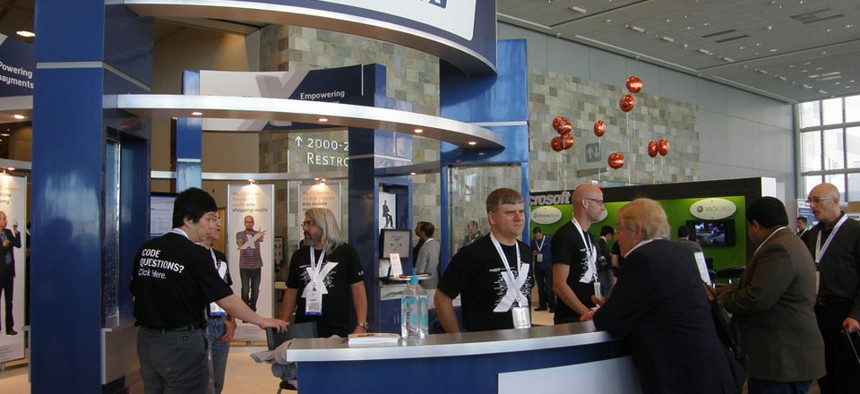How PayPal Almost Erased the National Debt and Ruined the Global Economy

Flickr user ebayink
World's 1st quadrillionaire wanted to pay off the national debt. But it was just a terrible mistake.
A PR executive from Pennsylvania became the world's first quadrillionaire. The executive, Chris Reynolds, learned he was the richest man alive when he opened his June PayPal statement and found that he had been credited more than $92 quadrillion. We imagine it felt a lot like finding a $20 bill in the pocket of an old winter coat. Four quadrillion times.
Unfortunately for Reynolds, though, PayPal realized that it had made a mistake and quickly changed his balance back to zero. But Reynolds isn't the only one who lost out: so did America.
That's because Chris Reynolds, when asked by CNN what he would have done with his newfound wealth, said that he "would probably have paid down the national debt." The gross debt of the United States is now over $16 trillion. That's a pretty big number. But for Reynolds, it would've amounted to little more than pocket change. Think of it this way: Bill Gates is worth $67 billion. You could make 1,373,234 people as wealthy as Bill Gates with $92 quadrillion.
What would Reynolds have done with his remaining fortune? Buy the Philadelphia Phillies, he told the New York Daily News. Also, invest.
Although, of course, PayPal would've had something of a problem coming up with the money: According to the Federal Reserve, there is only $1.2 trillion in circulation at the moment. By the Federal Reserve's M2 measure—the broadest money aggregate the Fed tracks, which includes notes and coins in circulation, traveler's checks and nonbank notes, demand deposits, other checkable deposits, savings deposits, and time deposits—there was $10,598,100,000,000 out there in June 2013. That is still, obviously, way less than even $1 quadrillion.
So PayPal, and the whole global economy, dodged one hell of a bullet in being able to simply erase the accounting error. And the American debt can continue to grow another day.






